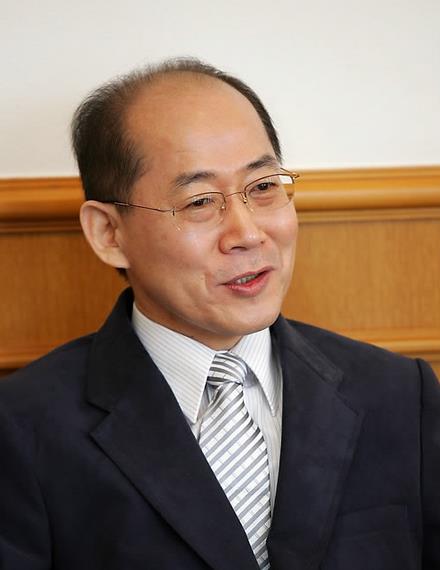The Intergovernmental Panel on Climate Change (IPCC) achieved carbon neutrality at its last plenary session in France, according to the organisation.

The 47th Session of the IPCC, held in Paris from March 13 to 16, 2018, is thus the first climate-neutral meeting of the UN scientific and intergovernmental body.
The IPCC worked with the Climate Neutral Now initiative of the United Nations Framework Convention on Climate Change (UNFCCC) to offset carbon emissions involved in participant travel to the meeting and arising from the meeting itself at the conference location.
“I would like to recognise the leadership and commitment of the Government of France, which enabled us to reach this important goal,” said IPCC Chair, Hoesung Lee. “The IPCC is walking the talk, and I hope that with the support of our members we can continue to be climate-neutral at future meetings.”
Nicolas Hulot, France’s Minister for the Ecological and Inclusive Transition, welcomed the offset of emissions from the IPCC’s 47th Session.
“This is a first for a plenary session of the IPCC. I hope this will become standard usage for international events, and a priority for those interested in protecting the climate system,” said Mr Hulot. “Every opportunity must be seized to raise our awareness about the choices we make and their impacts on our future climate.”
A carbon offset is a reduction in emissions of carbon dioxide or other greenhouse gases made in order to compensate for (“offset”) an emission made elsewhere. The Climate Neutral Now platform works by compensating unavoidable emissions with credits in the Clean Development Mechanism, supporting projects in developing countries.
“By making use of our Climate Neutral Now initiative, the IPCC is demonstrating how this valuable tool can be practically deployed to help achieve the Paris Agreement climate action goals,” said Patricia Espinosa, Executive Secretary of the UNFCCC. “I hope many others will be inspired to do the same – including governments, organizations, companies and citizens, who all need to take climate action to safeguard the future of our planet.”
Travel to IPCC meetings for participants from developing countries and economies in transition supported by the IPCC Trust Fund has been offset since 2014 in line with the policies of the World Meteorological Organisation (WMO), which is one of the IPCC’s two parent organisations along with UN Environment, which manages the Trust Fund on behalf of the IPCC.
For the IPCC’s 47th Session, the French government covered the costs of offsetting travel by participants not supported by the Trust Fund, and offset other emissions from local travel and the meeting venue, the headquarters of the United Nations Educational, Scientific and Cultural Organisation (UNESCO).
